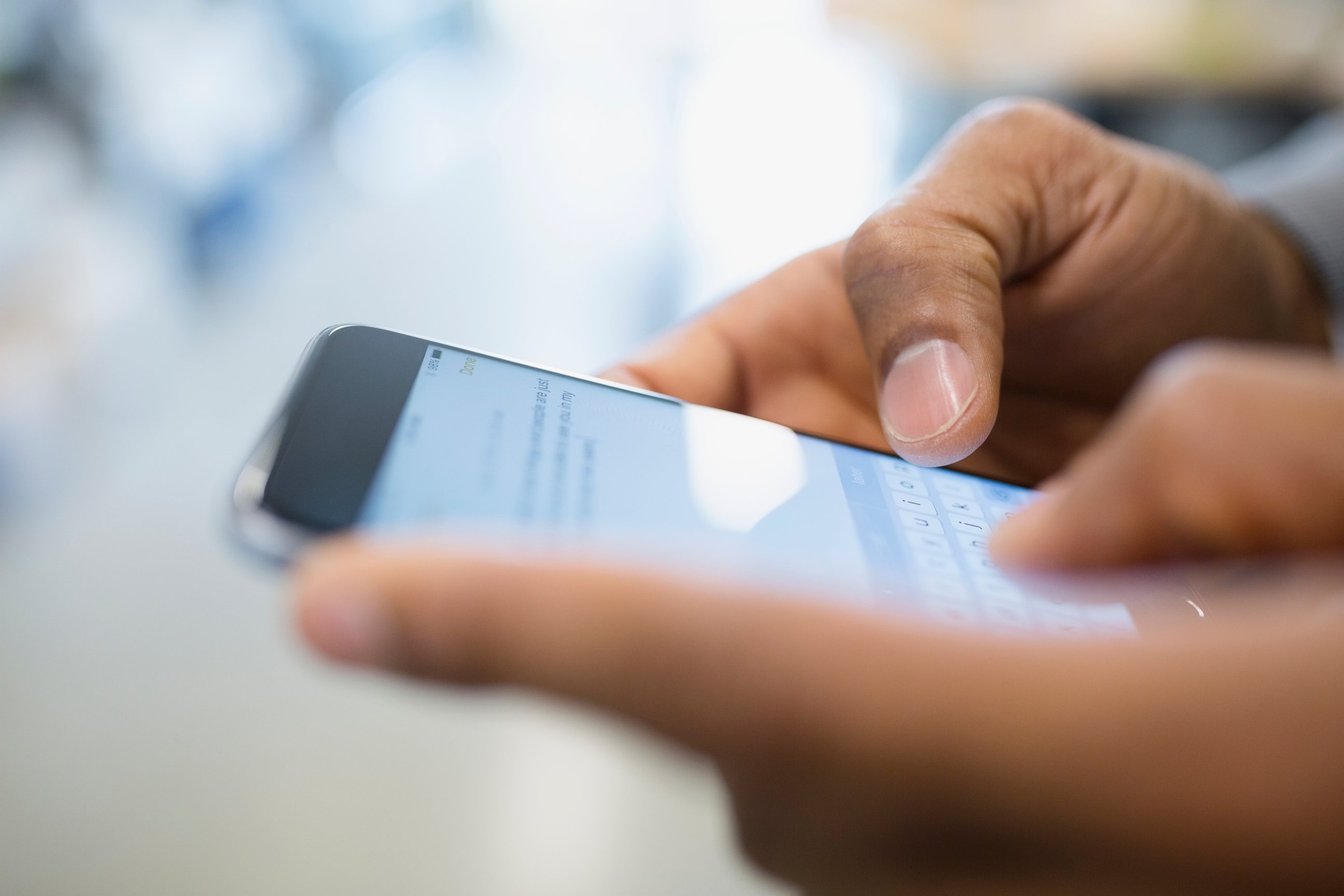What’s at stake in Supreme Court warrantless cellphone searches case
The case could affect how law enforcement deals with digital privacy
— -- The U.S. Supreme Court today hears arguments in a case that experts say could have a huge effect on the how law enforcement deals with matters of privacy in the digital age. ABC News spoke with contributor Kate Shaw, who also teaches at Cardozo Law School, about the case and its implications.
What’s this case about?
This is a major case about privacy in the electronic age. Specifically, the case focuses on whether the police need a warrant before they can access cellphone records that may reveal cellphone customers’ movements and location.
Timothy Carpenter, who was charged with masterminding a series of robberies and convicted of multiple robbery and firearms offenses, challenges his conviction on the grounds that it was obtained in part based on information the federal government received from cellphone providers in violation of the Constitution’s warrant requirement.

The federal government, relying on a number of cases that predate recent technological developments, argues that because Carpenter’s location information was already in the custody of a third party — his cellphone provider — he had no legitimate expectation that such information would remain private. The government believes it was not required by the Fourth Amendment to get a warrant before accessing that information.
What are the possible outcomes? And how might each affect people across the country?
Carpenter is arguing that the government did not have the authority to access his cellphone data; if he wins, his case would be sent back down to the lower court, and he could escape liability.
His lawyer, Nathan Wessler of the ACLU, suggests that the case has implications far beyond Carpenter.
As he argues, “In an age when 95 percent of Americans have a cellphone, our cellphone location records chart out a minute-by-minute account of where we go and what we do. People should be able to expect that the government will have to get a search warrant from a judge before obtaining weeks or months of data from our service providers showing our most private patterns of life, from visits to the doctor to where we sleep at night.”
Major technology companies — Apple, Microsoft, Google, Facebook and a number of others — have filed a brief siding with Carpenter, arguing that because the data transmitted by electronic devices “can reveal a wealth of detail about people’s personal lives ... users of digital technologies reasonably expect to retain significant privacy in that data.”
When are we going to know the outcome?
We’ll have an answer of some sort by the end of the Supreme Court’s term, which is typically the last week in June.




